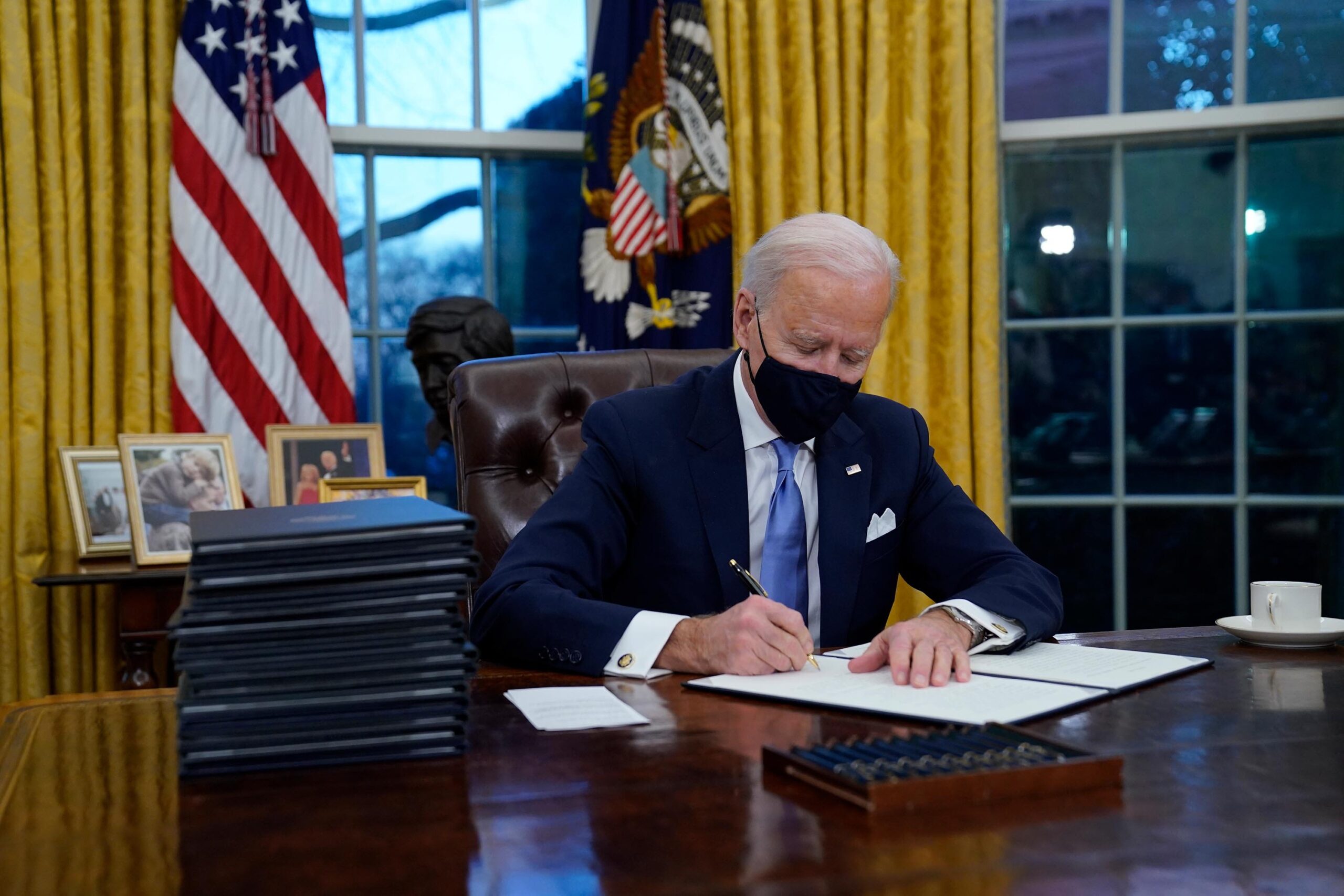Canada Global (Web News) President Biden has created a back door to allow hundreds of thousands of new immigrants into the US during a protracted standoff in Congress over immigration. This has dramatically increased the use of humanitarian parole programmes for persons fleeing war and political unrest across the world.
If they have a private sponsor to take care of them, immigrants have the chance to fly to the United States and rapidly obtain work permits under the provisions that have been put in place over the past year to provide shelter to those from Ukraine, Haiti, and Latin America.
About 300,000 Ukrainians have entered the country as of the middle of April through a variety of programmes, which is more than all the foreign nationals allowed through the official U.S. refugee programme during the previous five years combined.
More people than were granted immigrant visas from these nations in the last 15 years combined are anticipated to enter the country by the end of 2023 through a similar private sponsorship initiative introduced in January to stop unauthorised border crossings by Venezuelans, Cubans, Nicaraguans, and Haitians.
The number of persons with what is known as temporary protected status—a programme that previous President Donald J. Trump had intended to end—who are currently living in the United States has also increased significantly under the Biden administration. Since Mr. Biden assumed office, some 670,000 individuals from 16 different countries have had their protections expanded or have become eligible for benefits for the first time.
In total, these transient humanitarian programmes may result in the biggest increase in legal immigration in years.
Republicans will undoubtedly focus on Mr. Biden’s “overly permissive immigration policies” since he is slated to launch his reelection campaign this week.
Twenty Republican-led states, including Texas, Florida, Tennessee, and Arkansas, have filed a lawsuit in federal court asking the court to halt the parole programme for people who live in Cuba, Haiti, Nicaragua, and Venezuela. They claim that the programme will result in the admission of 360,000 new immigrants from those nations each year and will put an additional burden on the states’ health care, education, and law enforcement budgets.
One of the plaintiffs, Alabama, cited estimates that up to 73,000 undocumented immigrants may have already been residing in the state prior to the implementation of these programmes, with approximately 68 percent of them lacking health insurance and 34 percent earning less than the federal poverty level. The state claimed that this influx was costing its taxpayers about $324.9 million annually.
“This constitutes yet another episode in which the administration has abused its executive authority in furtherance of its apparent objective for immigration policy: open borders and amnesty for all,” said Ken Paxton, the attorney general of Texas, who is leading the states’ lawsuit, when it was filed.
The composition of new immigration arrivals is already shifting as a result of the transient nature of the new parole programs—the majority expire after two years unless they are extended. Following the opening of an asylum case, the migrants who were accepted to the country last year after pouring across the border from many of the same war-torn nations were prohibited from working for at least six months.
As a result, many ended up in shelters in cities like New York, where it has been difficult to find space for them.
The humanitarian parole programme, in contrast, demands that immigrants have a sponsor in the country who will pay for their relocation and quickly issues a work permit to those who are accepted. Employers who are experiencing a labour shortage are welcome the newcomers as a significant new labour pool.
By permitting people to apply from their home countries in a more systematic manner, the government hoped to deter the thousands of migrants who were arriving at the border. After the programmes started, total Border Patrol apprehensions at the border fell to their lowest levels in two years, with Cubans, Haitians, Nicaraguans, and Venezuelans experiencing the sharpest drops. Average weekly arrests decreased from 1,231 in early January, when some of the parole provisions were announced, to 46 in late February.
According to a report published last week by FWD.us, a bipartisan pro-immigration organisation, about 450,000 immigrants from Latin America, the Ukraine, and Afghanistan entered the country through parole programmes, filling positions in sectors like manufacturing, construction, food services, and health care that are critically short on workers.


